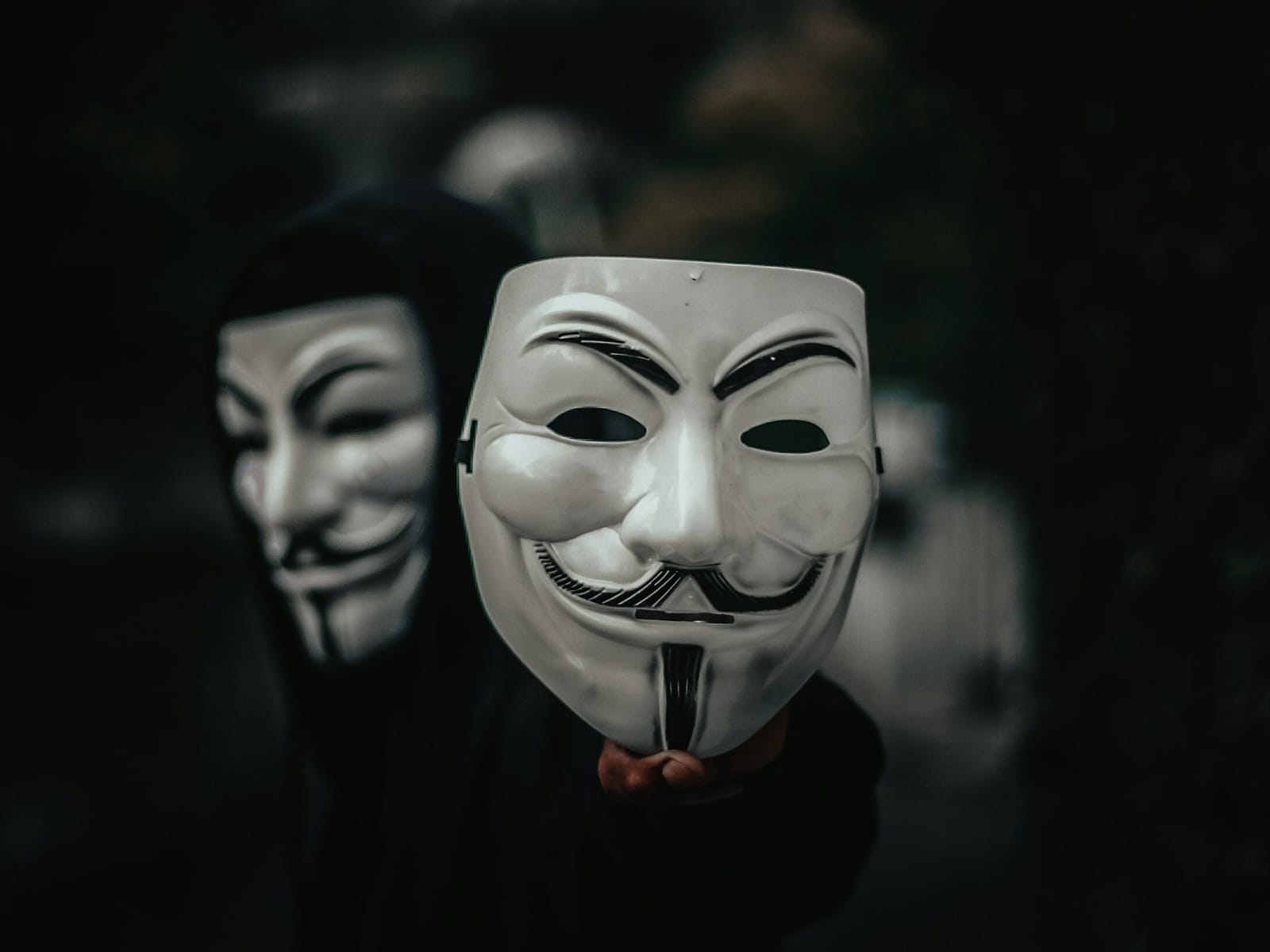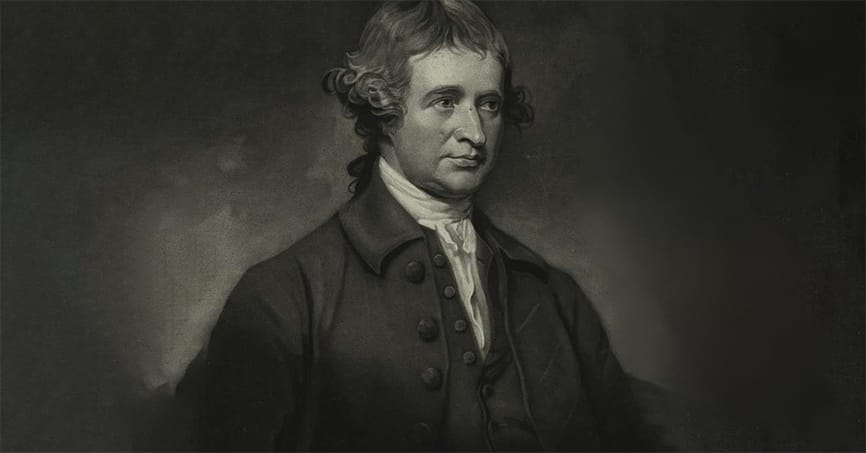We often treat language as background noise—a neutral tool to express what we mean. But beneath the surface of everyday words lie entire worlds of meaning. Words like "freedom," "truth," or "time" seem familiar, almost pedestrian. And yet, they carry within them centuries of philosophical tension. They shape how we see the world, and how we argue about it. They aren't just labels for reality—they construct it.
Take a word like freedom. It trips easily off the tongue. But pause and ask: what does it actually mean? The right to speak your mind? The absence of constraint? The capacity to act according to reason? For the ancient Stoics, true freedom was inner mastery. For Sartre, it was a curse—radical responsibility in a world with no script. For some today, it's the power to define one's identity. For others, it's freedom from the chaos of too many choices. The word has become a battlefield, where competing visions of the good life quietly clash.
Then there’s truth. We say we want it. But do we? The idea that there is an objective reality out there, independent of our feelings, is increasingly unfashionable. What counts as "truth" today often depends on tribal allegiance. Facts are filtered, narratives massaged. Nietzsche saw it coming: he called truth a "mobile army of metaphors," forged not in pursuit of honesty but in service of power. And yet, without some shared standard of truth, the ground beneath public discourse dissolves.
Like where this is going? Get the next article straight to your inbox.
Even time, perhaps the most mundane of concepts, hides metaphysical questions. Is time linear or cyclical? Does the future already exist? Are we moving through time, or is time moving through us? Physics gives us answers that defy common sense: relativity, time dilation, the illusion of simultaneity. But even outside science, our attitudes to time reflect deep values. A culture obsessed with productivity sees time as a resource. A spiritual tradition might see it as sacred. One person feels time as pressure; another as possibility.
These aren’t just philosophical puzzles. They have real stakes. If we see responsibility as individual, we blame the person. If we see it as systemic, we blame the structure. If we think identity is fixed, we become suspicious of change. If we think it’s fluid, we mistrust permanence. Words guide not just what we say, but how we frame reality—and how we argue about what matters most.
Language is never neutral. It scaffolds our thinking. As Wittgenstein famously said, "the limits of my language mean the limits of my world." But unlike Wittgenstein, most of us rarely reflect on those limits. We use words like tools we’ve inherited, never questioning what they were built to do. We wield them to win arguments or signal virtue, rarely to seek clarity.
And yet, these words persist. They haunt our headlines, fuel our policies, anchor our protests. They shape the novels we read, the songs we sing, the laws we draft. When we speak of justice, we conjure different visions of fairness. When we talk of the self, we draw boundaries around personhood. Even a simple sentence like "I understand you" contains within it a web of assumptions about empathy, knowledge, and interpretation.
What makes this so fascinating—and so urgent—is that we are living in an age of linguistic inflation. Words are everywhere, and their meanings are up for grabs. Political actors bend them. Corporations brand them. Social movements stretch them. Language, once a shared currency, feels increasingly unstable. In such a world, to think clearly is to speak precisely. And to speak precisely, we must think philosophically.
That doesn’t mean turning every conversation into a seminar. But it does mean slowing down. Asking what we really mean when we say truth, or freedom, or identity. Asking where those meanings came from, and who they serve. The point is not to reduce language to definitions—but to restore it as a site of reflection.
In doing so, we don’t just become better thinkers. We become better citizens. Because when the meaning of words is contested, our ability to live together depends on how well we understand them. And sometimes, the most powerful act of critical thinking is simply to ask: what do you mean by that?
If you found this useful, consider subscribing for more thought-provoking essays. And feel free to share your take in the comments below.
Further reading
- Surfaces and Essences: Analogy as the Fuel and Fire of Thinking by Douglas Hofstadter and Emmanuel Sander.
A fascinating exploration of how everyday words and analogies shape our thinking, revealing the hidden depth behind common concepts. - The Stuff of Thought: Language as a Window into Human Nature by Steven Pinker.
Examines how the words we use reveal deeper philosophical questions about meaning, free will, and reality. - How Language Shapes Thought by Lera Boroditsky.
A compelling argument for linguistic relativity—the idea that the words we use influence how we perceive and interpret the world. - Metaphors We Live By by George Lakoff and Mark Johnson.
This book shows how many of our everyday words and phrases carry hidden philosophical assumptions that shape our understanding of reality. - Word and Object by W.V.O. Quine.
A deeper dive into the philosophy of language, questioning whether meaning is ever truly fixed and how words shape our knowledge of the world.







